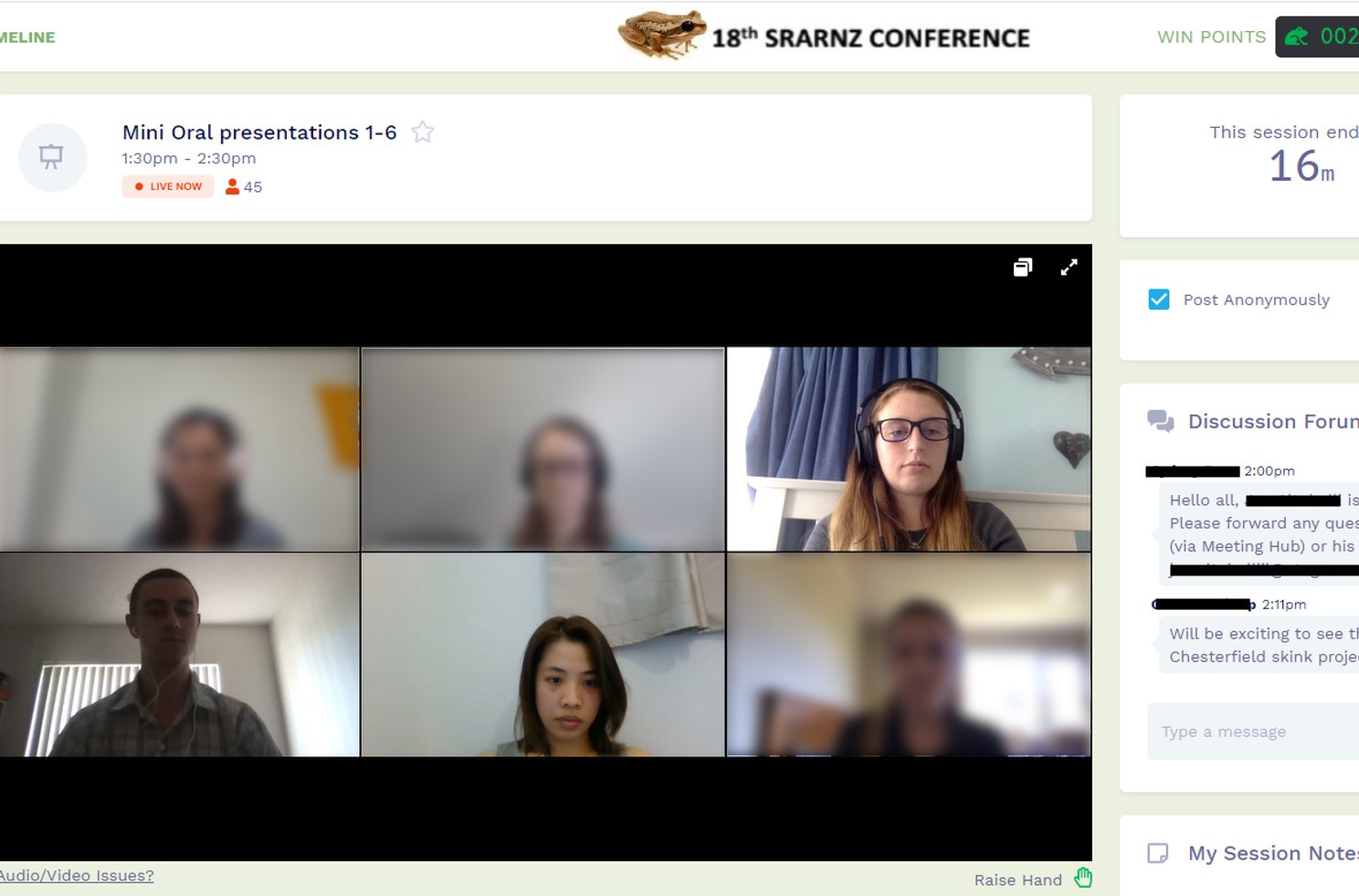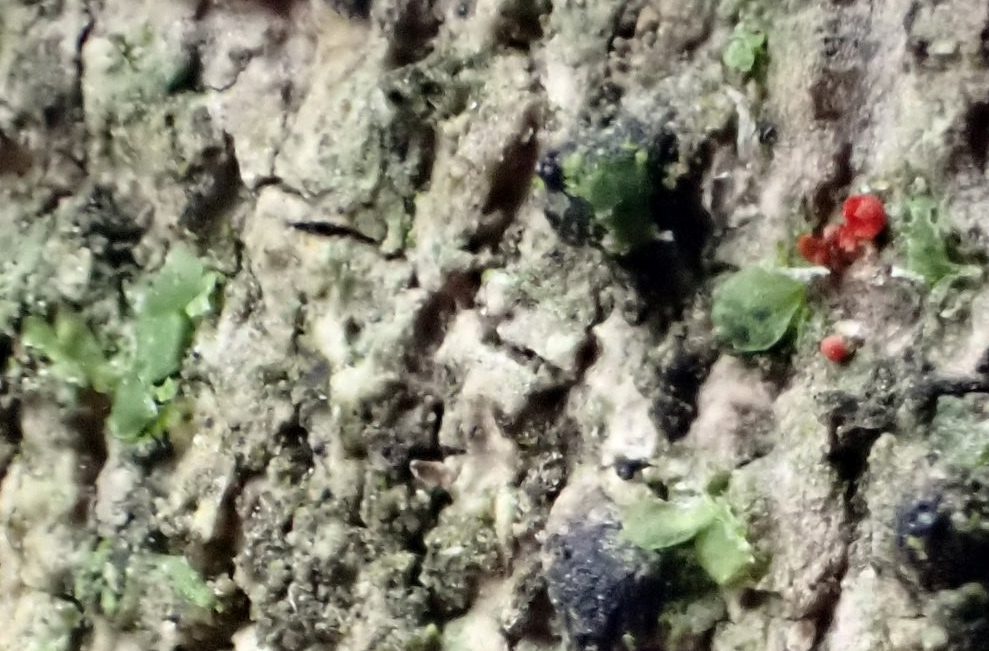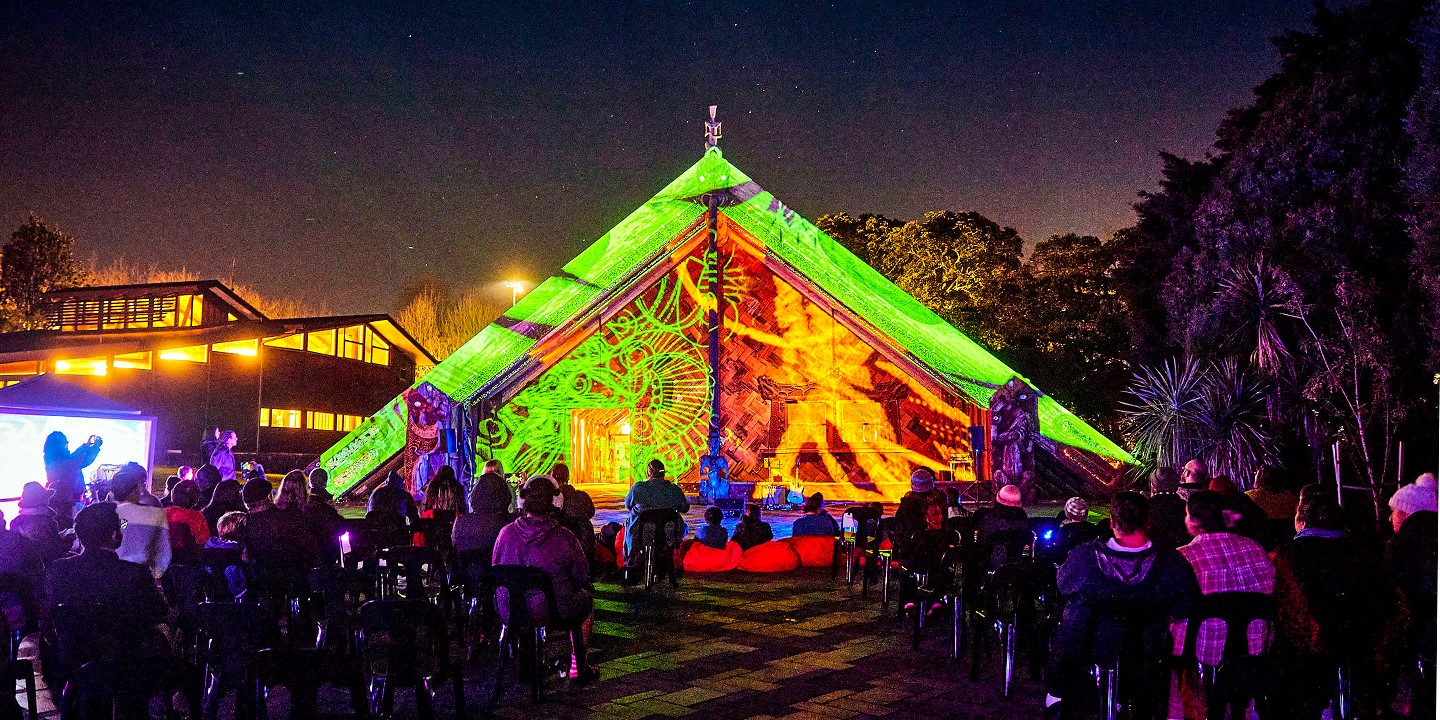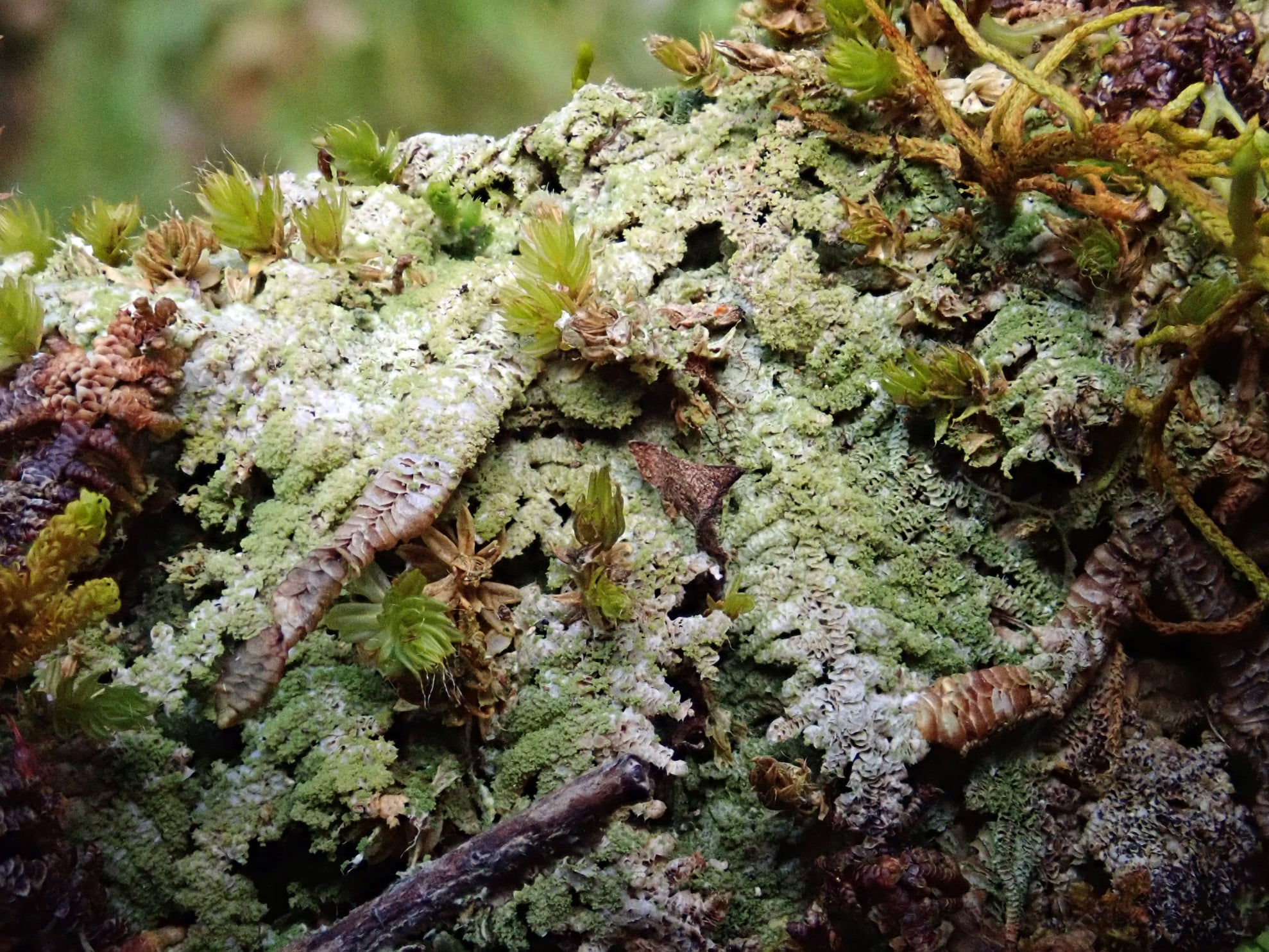Authors: Dr Marleen Baling and Unitec
Frogs, geckos and skinks might sound like the ingredients for a witch’s potion but they are also the subjects of fascinating research projects presented by Unitec’s School of Environmental and Animal Sciences at the recent 18th Conference of SRARNZ (Society for Research on Amphibians and Reptiles in New Zealand). This is a national conference that occurs every two years and this year it was planned as a semi-virtual event, with three hubs (Auckland, Wellington and Alexandra) where the delegates could choose to attend, and the conference was streamed live between these hubs. In light of the COVID lockdowns, the Society used this opportunity to test out this format as a means to reduce carbon footprint and support sustainability initiatives. For the first time, the SRARNZ conference was co-hosted by Unitec (the Auckland hub committee organiser was Dr Marleen Baling). However, the conference was moved fully online due to the February lockdown.
Unitec’s Associate Professor Peter de Lange was one of the invited speakers, and presented his talk on the use of te reo Māori and ta re Moriori in taxonomy. His and his collaborator’s research has been published in the New Zealand Journal of Ecology (https://newzealandecology.org/nzje/3388).
Three students from the Bachelor of Applied Sciences also presented their final-year research proposals (supervised by Dr Marleen Baling) at the conference. Holly Goodman (double major, Animal Management and Welfare, and Biodiversity Management) will be investigating the endangered Archey’s frog’s ability to avoid predators using scent, in collaboration with Auckland Zoo. Marcel Kerrigan (double major, Animal Management and Welfare, and Biodiversity Management) will research on the climbing ability of the endangered Chesterfield skink, also in collaboration with Auckland Zoo. Warren Anne Fajardo (major, Animal Management and Welfare) is planning to document endoparasites of exotic lizards intercepted at the New Zealand border and to assess their potential threat to New Zealand wildlife, in collaboration with the Ministry of Primary Industries and Bioresearches (co-supervised by Kristina Naden). These research projects seek to improve our understanding of, and ability to protect, our native amphibians and reptiles in New Zealand.
This was the first national conference for these students and they received very good feedback on their projects. They also used this great opportunity to network with other SRARNZ delegates from the Department of Conservation, Auckland Council, Auckland Museum, Boffa Miskell, Wildland Consultants, Ecology NZ, AgReseach, Bioresearches, AECOM, Landcare Research, Wellington Zoo, Auckland Zoo, Massey University, University of Otago and Victoria University of Wellington.





